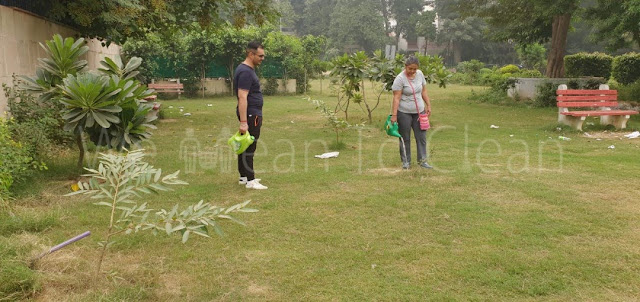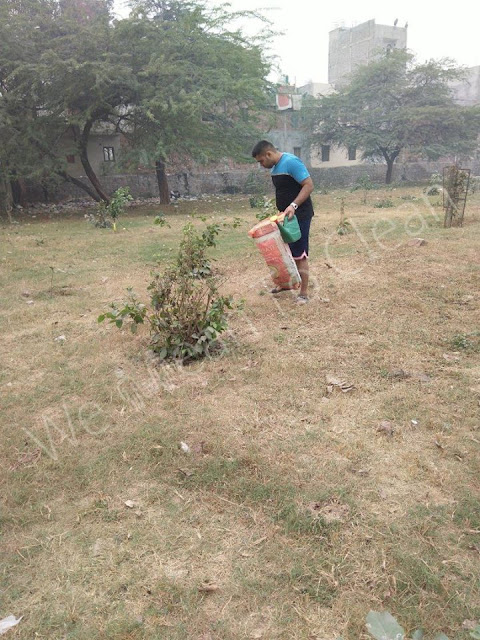IT'S TIME TO ACT!
Doing the best at this moment puts you in the best place for the next moment. - Oprah Winfrey
The capital city is now in a public health emergency as the situation called for an emergency action. Action.
We citizens too need to take some action. Something that solves the problem at the root level. One of them is planting native trees.
Our volunteers gathered at Sangam Vihar and Hauz Khas to water our existing saplings at these locations.
We carried water from our homes and also sourced it from the locals. Our heartfelt thanks to them for helping us out!
We also used dried leaves for mulching of the saplings to increase water retention capacity of soil. In the end, our volunteers also did some cleaning and collected three kilograms of plastic waste.
Your support is important too! Let’s come together to fight against such horrifying days that threaten our lives every year. Visit http://wmtc.org.in
-
Follow us on Instagram Facebook Twitter LinkedIn









